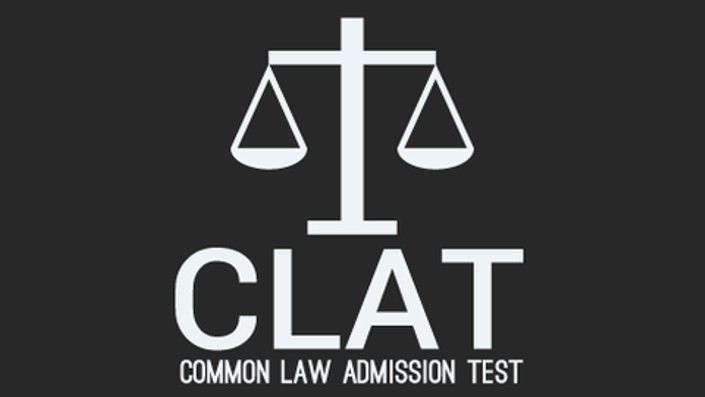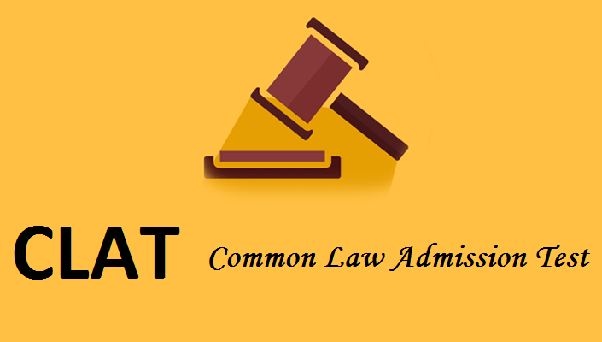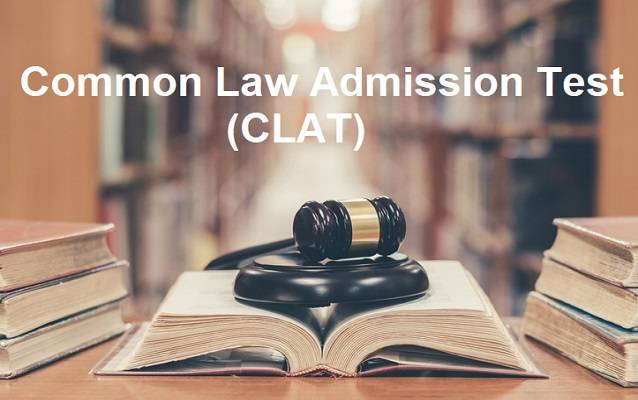

Introduction:
CLAT PG (Common Law Admission Test for Postgraduate Programs) is a national-level entrance exam in India for admission to various postgraduate law programs offered by National Law Universities (NLUs). It tests candidates’ aptitude in law and legal studies. CLAT PG assesses candidates on various subjects including Constitutional Law, Jurisprudence, International Law, Contracts and Torts, Criminal Law, Family Law, Property Law, Company Law, Intellectual Property Law, and Environmental Law.The Common Law Admission Test (CLAT) for postgraduate programs does not have a fixed syllabus provided by the Consortium of National Law Universities (NLUs) as of my last update in January 2022. However, the exam typically covers various topics related to law and legal studies. Here’s a general overview of the subjects that are commonly included in the syllabus for CLAT PG:
- Constitutional Law:
- Indian Constitution: Historical background, making of the Constitution, features, amendments, basic structure, and interpretation.
- Fundamental Rights, Directive Principles, Fundamental Duties, Separation of Powers, and Federalism.
- Judicial Review, Judicial Activism, Public Interest Litigation (PIL), and Judicial Independence.
- Center-State Relations, Emergency Provisions, Constitutional Amendments, and Constitutionalism.
- Interpretation of statutes and principles of statutory interpretation.
- Jurisprudence:
- Schools of Jurisprudence: Natural Law, Positivism, Realism, Sociological, Historical, and Conceptual Schools.
- Legal Concepts: Rights, Duties, Legal Personality, Ownership, Possession, Liability, etc.
- Legal Reasoning and Legal Maxims.
- International Law:
- Sources of International Law.
- International Organizations: United Nations, WTO, ICJ, IMF, World Bank, etc.
- Treaties and International Agreements.
- Jurisdiction of States, State Responsibility, and Immunities.
- International Human Rights Law, International Humanitarian Law, and Refugee Law.
- Contracts and Torts:
- Principles of Contract Law: Formation of Contract, Performance, Breach, Discharge, Remedies, Quasi-Contracts, etc.
- Principles of Tort Law: Negligence, Nuisance, Defamation, Vicarious Liability, Strict Liability, Remedies, etc.
- Criminal Law:
- Indian Penal Code (IPC): General Principles, Offenses against Property, Offenses against Body, Offenses against Reputation, Joint Liability, etc.
- Code of Criminal Procedure (CrPC): Investigation, Trial, Bail, Evidence, Sentencing, etc.
- Principles of Criminal Law and Jurisprudence.
- Family Law:
- Hindu Law: Marriage, Divorce, Adoption, Maintenance, Succession, etc.
- Muslim Law: Marriage, Divorce, Maintenance, Guardianship, Succession, etc.
- Special Marriage Act, Domestic Violence Act, and Hindu Adoption and Maintenance Act.
- Property Law:
- Transfer of Property Act: Sale, Mortgage, Lease, Gift, Exchange, etc.
- Succession Laws: Hindu Succession Act, Muslim Law of Succession, Indian Succession Act, etc.
- Company Law:
- Companies Act: Incorporation, Management, Shareholders, Directors, Winding up, etc.
- Intellectual Property Law:
- Copyright Law, Patent Law, Trademark Law, Design Law, Geographical Indications, etc.
- Environmental Law:
- Environmental Protection Act, Wildlife Protection Act, Forest Conservation Act, Water and Air Pollution, etc.
It’s important to note that the syllabus might vary slightly from year to year, and it’s recommended to check the official CLAT PG notification for the most updated syllabus and exam pattern. Additionally, practicing previous years’ question papers and mock tests can also be helpful in preparing for the CLAT PG exam.
11. Labour and Industrial Law:
- Industrial Disputes Act, Factories Act, Employees’ State Insurance Act, Employees’ Provident Funds and Miscellaneous Provisions Act, etc.
- Labour Laws related to wages, working conditions, safety, and welfare.
- Interpretation of Statutes:
- Rules of Interpretation: Literal Rule, Golden Rule, Mischief Rule, Harmonious Construction, etc.
- Aids to Interpretation: Preamble, Marginal Notes, Punctuation, etc.
- Legal Writing and Research:
- Legal Writing Techniques: Case Briefs, Memorandum, Legal Opinions, Legal Articles, etc.
- Legal Research Methods: Use of Legal Databases, Case Analysis, Citation Styles, etc.
- Alternative Dispute Resolution (ADR):
- Arbitration and Conciliation Act, Mediation, Negotiation, Conciliation, Lok Adalats, etc.
- International Commercial Arbitration, Domestic Arbitration, and Investor-State Dispute Settlement Mechanisms.
- Public International Law:
- Law of Treaties, State Recognition, State Responsibility, Diplomatic Immunity, State Succession, etc.
- Law of the Sea, International Humanitarian Law, International Criminal Law, etc.
- Cyber Law:
- Information Technology Act, Cyber Crimes, Data Protection, E-Commerce Regulations, Intellectual Property Issues in Cyberspace, etc.
- Banking and Finance Law:
- Banking Regulation Act, Negotiable Instruments Act, Securities and Exchange Board of India (SEBI) Regulations, Insolvency and Bankruptcy Code, etc.
- Competition Law:
- Competition Act, Anti-Competitive Agreements, Abuse of Dominant Position, Merger Control, Competition Advocacy, etc.
- Right to Information (RTI) and Privacy Laws:
- Right to Information Act, Data Protection Laws, Right to Privacy Jurisprudence, etc.
These topics cover a broad spectrum of legal subjects and are essential for candidates aspiring to pursue postgraduate studies in law through CLAT PG. It’s important for aspirants to thoroughly understand these subjects, stay updated with recent developments in law, and practice solving relevant questions to perform well in the exam.
Conclusion:
The CLAT PG exam serves as a gateway for admission into postgraduate programs offered by prestigious National Law Universities in India. Through its comprehensive syllabus, CLAT PG evaluates candidates’ understanding of various legal disciplines, including constitutional law, jurisprudence, international law, criminal law, and more. Aspiring legal scholars undergo rigorous preparation to excel in this competitive examination, paving the way for advanced studies and careers in the diverse realms of law and justice.
